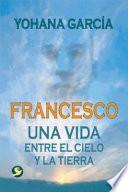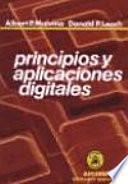Sueño, Deseo, Y Obsesión
Resumen del Libro

This dissertation is a psychoanalytical study of five novels by the contemporary Uruguayan author, Cristina Peri Rossi: El libro de mis primos (1969), La nave de los locos (1984), Solitario de amor (1988), La Ultima noche de Dostoeivski (1992), y El amor es una drogaclura (1999). I examine the authors vision of the socio-political situation of Uruguay under the control and power of an abusive dictatorship, and the way in which she attempts to break with repressive and limiting social and literary conventions. The first two novels mentioned above pertain to her first period which is primarily political and they should be understood as a harsh criticism of the political situation in Uruguay, and its destructive, devastating effects on individual freedom. The other novels (including La nave ) were written in Spain after Peri Rossi was forced into exile. The themes of these novels are much more universal in nature and deal with the negative impacts of modern society. The focus of my analysis is on the psychoanalytic nature of the novels, particularly the emphasis on the obsessive-compulsive behavior of the main characters, and the use of an erotic, poetic language. Peri Rossis literary style is unique in its combination of the fantastic, the poetic, the political, and the literary, and her identity as an exiled writer challenges all of the premises of western society: heterosexuality, capitalism, and religion. The authors ability to deconstruct these accepted traditional conventions is what sparked my interest to research her works. I emphasize the negative effects of these destructive power structures on the main characters, and their psychological suffering as they search for a personal identity that has been blurred by the stress and the alienating nature of modern oppressive societies. My analysis focuses on three specific and common themes of all of the novels, dream, desire and obsession, and how they relate to the authors and the characters quest for…





